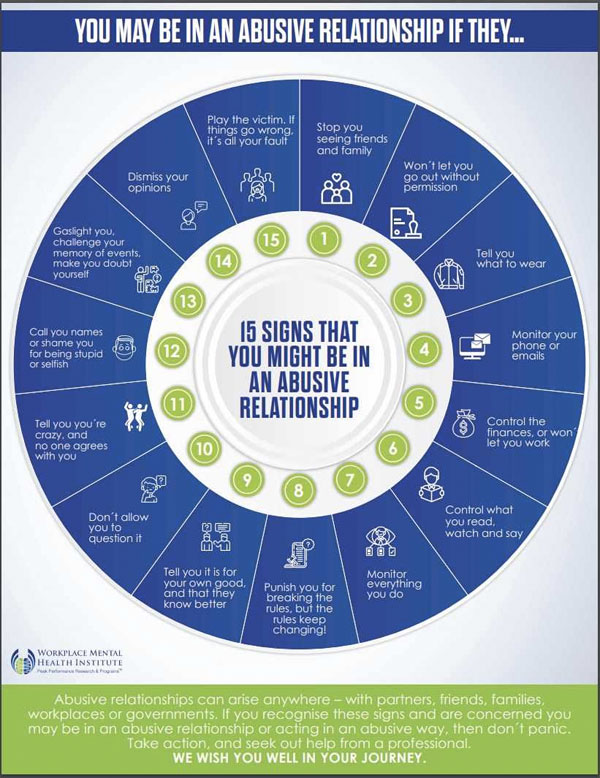My previous post was, I have to admit, pretty gloomy even for me. It’s been difficult to watch events unfold over the last year or so without getting the feeling that the USA as it has existed for the past two-and-a-half centuries has reached a point of fatal exhaustion. (Looking at the familiar cycle that great nations and empires have gone through in the past only reinforces the conclusion.) In particular the abandonment of any lingering pretense of securing our border, and the resulting mass influx of hungry outsiders, brings to mind a near-perfect metaphor: forensic entomology“. (Now that you know what that is, just try to keep that idea out of your head next time you think about the border crisis.)
Still, something has to happen in America; we aren’t all just going to lie down and die. Commenter Jason had this to say:
Unless you believe that the U.S. needs to dissolve peacefully (i.e. constitutionally and lawfully), or you’re one of those intrepid bloggers (and his commentators) who intend to create an American Zion extra-legally – which probably would be beyond the purview of Motus Mentis! – I’m not sure there’s an alternative to attempting to resuscitate this “corpse.” Somehow the fractious peoples of the republic will have to learn to live together, or else. I wonder Malcolm if you and other commentators are underestimating the vast reservoirs of goodness and decency that still reside in many citizens. From my perspective it’s vital that such men of good will adapt some form of resistance, powerfully fueled by the deiform and secular virtues – without which action will I suspect become cruel and counterproductive. America’s soft majority need to call the hard minority’s bluff, from the realms of excessive COVID tyranny to laxity regarding immigration. And this will require the father of virtues, courage.
There’s a lot there. One thing at a time:
Can the US dissolve peacefully? Constitutionally? Lawfully?
I don’t think it can do so constitutionally, but I don’t think that really matters. It’s pretty easy at this point to make the case that the Constitution means very little anymore anyway, and of course if we get to the point of actually dissolving the United States, why would anyone even care what the Constitution says? After all, the Constitution is no longer just the document ratified in 1788, plus a few amendments; it has been so monstrously deformed since then by activist judicial interpretation that the Framers would find it unrecognizable. The remarkable John Randolph of Roanoke saw this coming, and in a speech against the amendability of constitutions given in 1829, had this to say:
“I have remarked since the commencement of our deliberations — and with no small surprise — a very great anxiety to provide for futurity.
Gentlemen, for example, are not content with any present discussion of the Constitution, unless we always consent to prescribe for all time hereafter. I had always thought him the most skillful physician who, when called to a patient, relieved him of the existing malady, without undertaking to prescribe for such as he might by possibility endure thereafter. . . .Dr. Franklin, who, in shrewdness, especially in all that related to domestic life, was never excelled, used to say, that two movings were equal to one fire. So to any people, two Constitutions are worse than a fire. And gentlemen, as if they were afraid that this besetting sin of Republican Governments, this rerum novarum lubido, (to use a very homely phase but one that comes pat to the purpose,) this maggot of innovation, would cease to bite, are here gravely making provision, that this Constitution, which we should consider as a remedy for all the ills of the body politic, may itself be amended or modified at any future time.
Sir, I am against any such provision. I should as soon think of introducing into a marriage contract a provision
for divorce; and thus poisoning the greatest blessing of mankind and its very source at its fountainhead. He has seen little and has reflected less, who does not know that “necessity” is the great, powerful, governing principle of affairs here.Sir, I am not going into that question which puzzled Pandemonium, the
question of liberty and necessity, “Free will, fix’d fate, foreknowledge absolute”; but, I do contend, that necessity is one of the principal instruments of all the good that man enjoys. The happiness of the connubial union itself depends greatly on necessity; and when you touch this, you touch the arch, the key-stone of the arch, on which the happiness and well-being of society
is founded. . .Sir, what are we about? Have we not been the undoing of what the wiser heads — I must be permitted to say so — yes, sir, what the wiser heads of our ancestors did more than half a century ago? Can any one believe that we, by any amendments of ours — by any of our scribbling on that parchment — any amulet — any legerdemain — charm — abracadabra — of ours, can prevent our sons from doing the same thing? That is, from doing as they please, just as we are doing what we please?
It is impossible. Who can bind posterity? When I hear gentlemen talk of making a Constitution “for all time” and introducing provisions into it, “for all time” and yet see men here, that are older than the Constitution we are about to destroy … it reminds me of the truces and peaces in Europe. They always begin, “In the name of the most holy and undivided Trinity,” and go on to declare, “there shall be perfect and perpetual peace and unity between the subject of such and such potentates, for all time to come” and, in less than seven years, they are at war again.
. . . Sir, the great opprobrium of popular Government, is its instability… I see no wisdom in making this provision for future changes. You must give Governments time to operate on the people, and give the people time to become gradually assimilated to their institutions. Almost any thing is better than this state of perpetual uncertainty.”
If anything at all is certain in the America of 2021, it is that we have entered precisely that state of perpetual uncertainty. Our political life is simply a see-sawing contest for absolute power, like two people fighting over the wheel of a speeding car. The Constitution of 1788 is in rags and tatters, and the ruling oligarchy simply does what it likes, without the least regard for law or Constitution, and dares the people to stop it. (What, for example, would the Framers have said about the CDC issuing an eviction moratorium? They would have pronounced the Constitution dead, and called on patriots to take up arms in defense of their inalienable liberties.)
So forget about the US dissolving “constitutionally”; the point is moot.
How about “peacefully”? This is made difficult by the geographical interpenetration of the disputing factions. Our last civil war, which was a sanguinary catastrophe, was at least simple: one contiguous region wished to disconnect itself from another. A civil war between Blue and Red, by contrast, would look more like Yugoslavia. Or Rwanda. Some sort of peaceable mitosis is imaginable, I suppose, but in a nation so heavily armed, the odds of violence seems high. This in turn is compounded by the relentless whipping-up of racial and tribal hatred in the past couple of decades, beginning in earnest under the Obama administration. (Can you think of a more suicidally idiotic policy for a rapidly diversifying nation, with a long history of racial tension, than to make racial and tribal grievances the focus of all politics, media, and education? I can’t.)
Jason is hopeful about the “vast reservoirs of goodness and decency that still reside in many citizens”. I am too: if there’s any hope at all, it’s there. But even if that reservoir of decency is sufficient to prevent bloody war, we still have to confront the fact that the American system of politics and government are by now exhausted, denatured, bloated, and irredeemably corrupted. We must remember also a point I’ve made here before: that the American “form” was designed to suit a particular “matter” — the colonial population of America — and that the matter itself has changed profoundly. The system of libertarian government the Framers created was suited only to a people possessed of the virtues necessary to govern themselves. Only such a people could live in ordered liberty under a minimal government. We are — to put it mildly — no longer such a people. This is not to say that such people no longer exist in America — scores of millions of them still do — but they are now scattered, and are rapidly, by malicious design, being outnumbered. If they can withdraw together to some part of the continent, and be left alone to dos so, they might be able to create some sort of rump America. (If!) But the U.S. government needs, at the very least, some sort of reboot.
Finally, this:
From my perspective it’s vital that such men of good will adapt some form of resistance, powerfully fueled by the deiform and secular virtues – without which action will I suspect become cruel and counterproductive.
I agree, and perhaps there is indeed some hope there. But this post is already long enough, and I’ll save this for the next one.

